

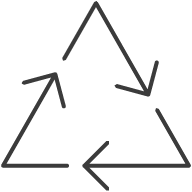
Each year, German households produce around 38 million metric tons of waste. This gigantic mountain of rubbish harbors valuable raw materials that can be removed, recycled, processed and turned into new, high-quality products. Sesotec develops innovative sorting systems for sorting centers and recycling companies to divide mixed material flows into uniform fractions and eliminate contaminants.
Why is household waste recycled?
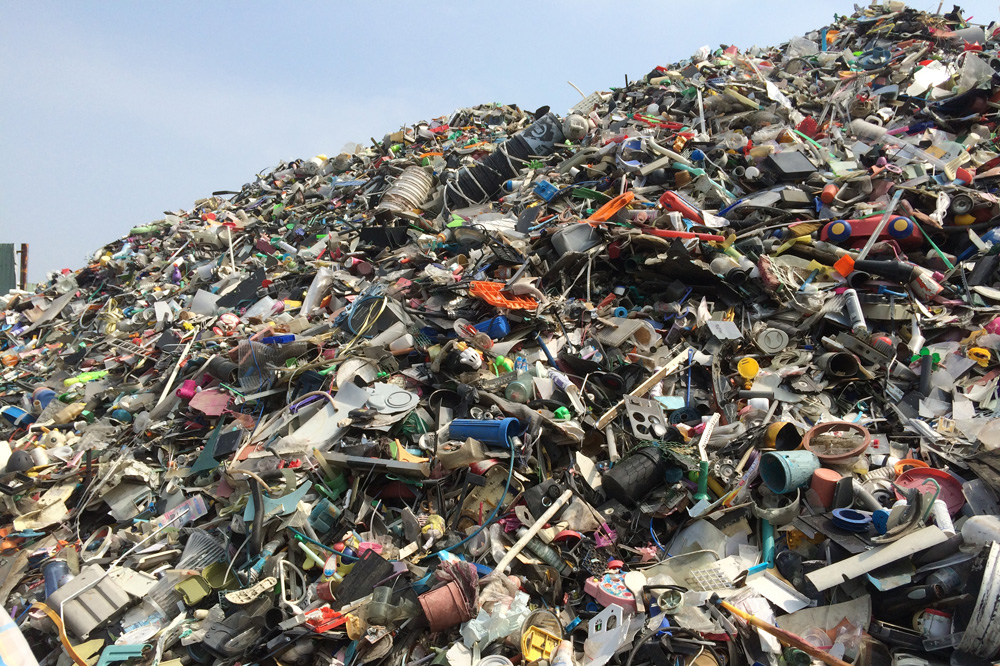
How can Sesotec systems help you?
Sesotec has been developing innovative machines and systems for the recycling industry for more than 40 years. Our sorting systems cover applications for sorting household waste. They remove contaminants and metals, and separate materials by color, shape and type. In doing so, they play an important role in introducing reusable material profitably into the recycling loop.
Greater throughput levels, less loss of material and higher material purity increase added value. As a result, the purchase of equipment amortizes rapidly. In addition, sorting systems help with sustainability, the conservation of resources and environmental protection, as less rubbish ends up in landfills or incinerators.Looking for more information or advice? Contact us
What products and materials are sorted?
Go ahead and contact us. We will find the best solution for you in a personal discussion of your needs!
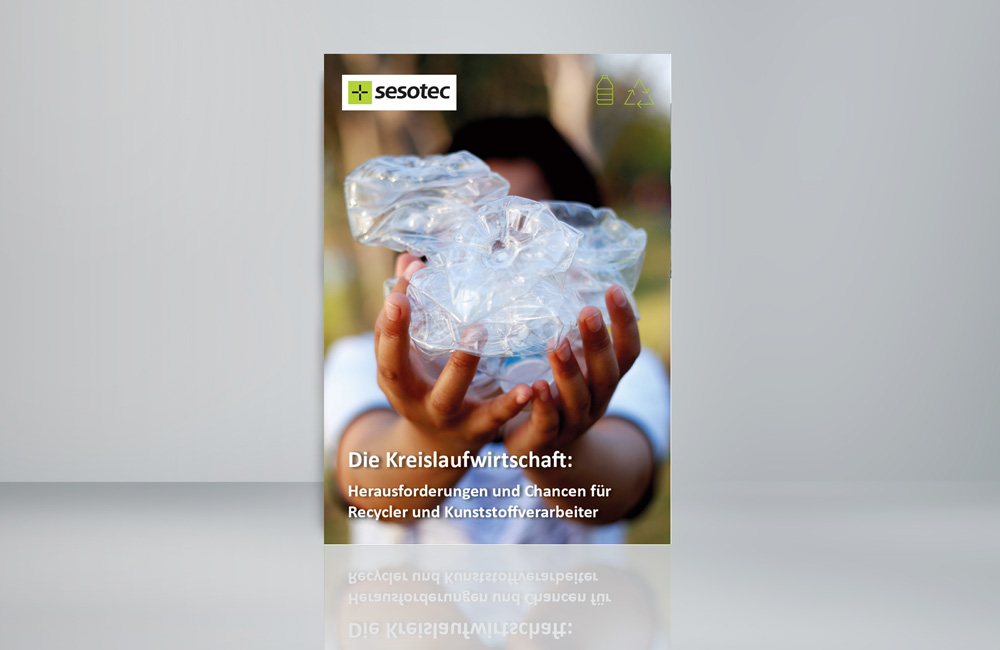
The plastics industry is under pressure. Between climate change, excessive consumption of finite resources, and vast amounts of plastic waste in the world’s oceans, plastics are coming to be seen in a different light by politicians, businesses, and consumers alike. Read in our e-book about the most important factors of a functioning circular economy, especially which challenges and opportunities exist for recyclers and plastics processors.
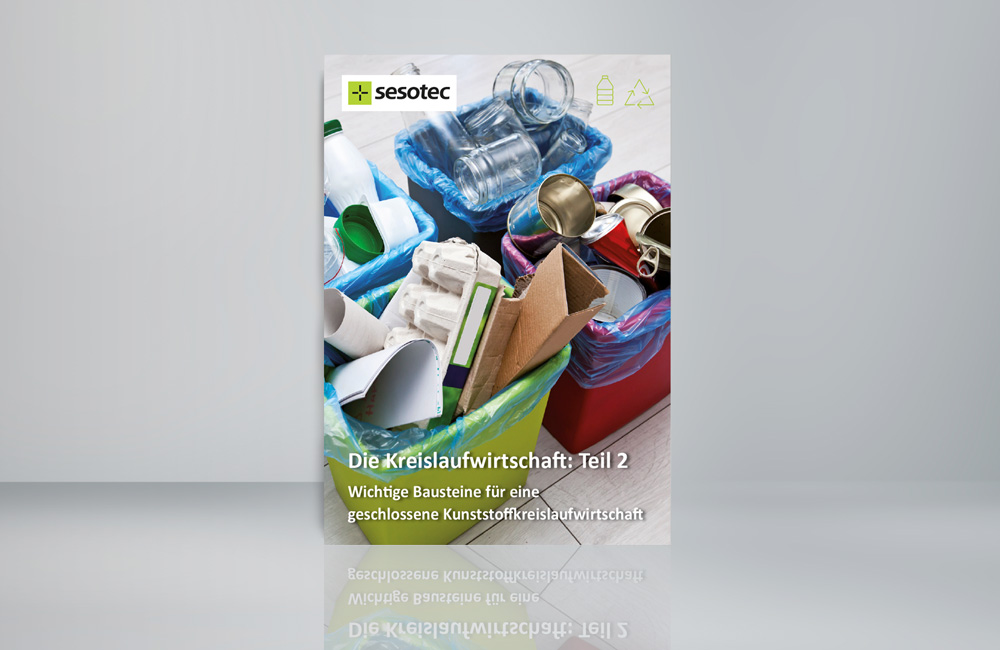
Which building blocks are necessary for a closed-loop plastic circular economy and which important parameters there are to close the loop, we will go into in the second part of the
"Circular Economy"
article series.

In this white paper, we explain the developments in the field of artificial intelligence for sorting recycling and show how you can benefit from them to make your processes more precise, more sustainable and more profitable.
Download
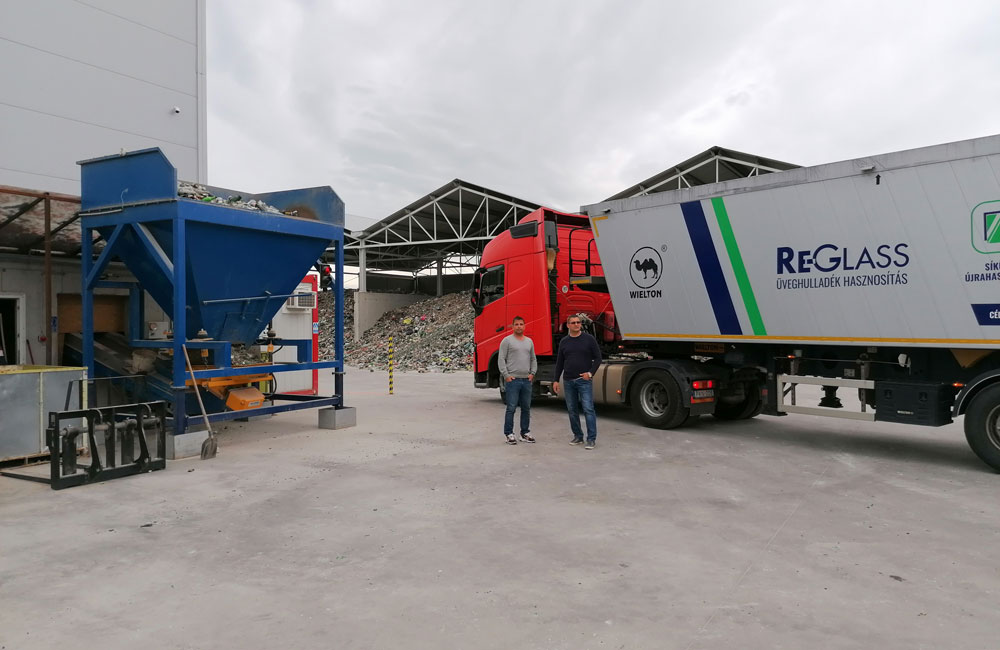
Foreign materials posed the biggest challenge to the new plant.
Contaminants such as ceramics, stones, porcelain (CSP), metals, paper,
and plastics comprise as much as 15 to 20% of the total weight of all
collected glass waste. To overcome this challenge, KRS supplied a
sorting system that meets these requirements.
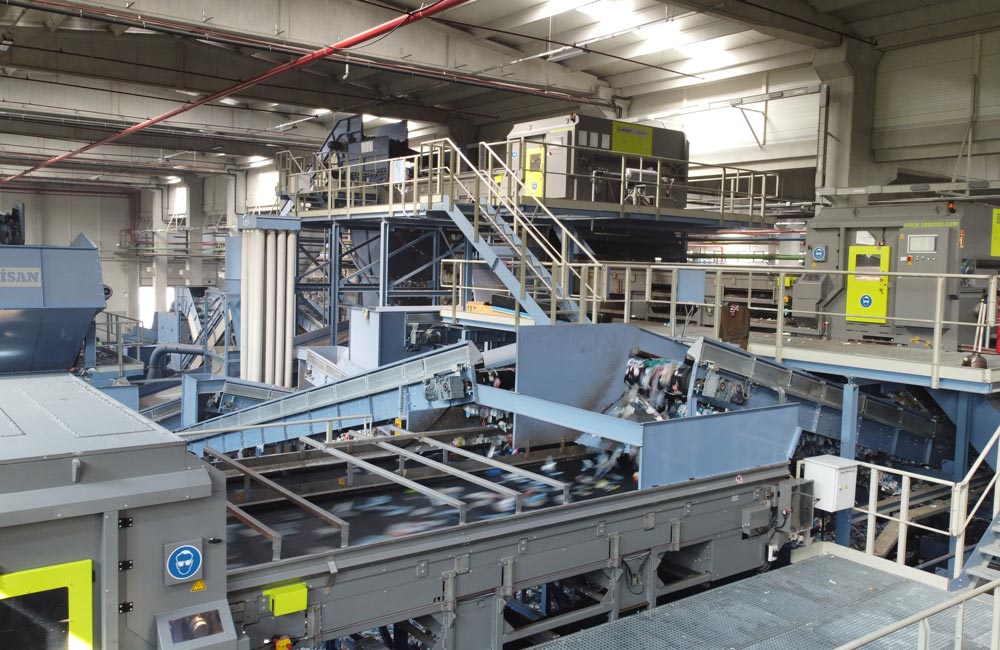
In a plant equipped with stateof-the-art (sorting) technology, Futurapet recycles plastic waste. The secondary raw materials obtained are returned to the plastics processing industry. When Futurapet was founded, General Manager Oğuz Engin and his t eam were looking for innovative solutions that efficiently deliver high-quality end products.
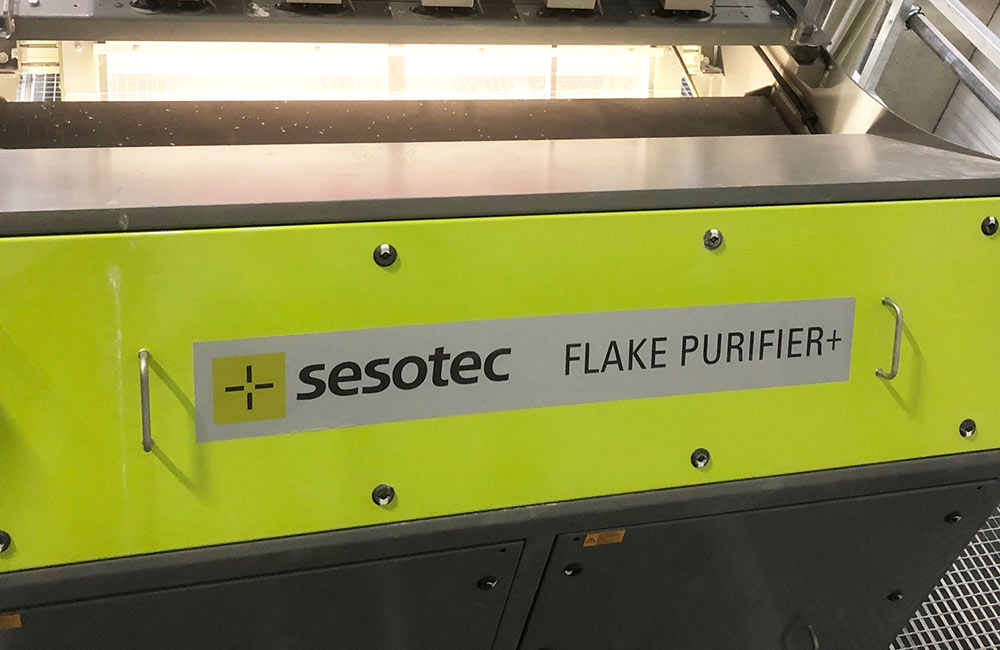
Reiling relies on sound quality inspection with sorting and material analysis systems from Sesotec
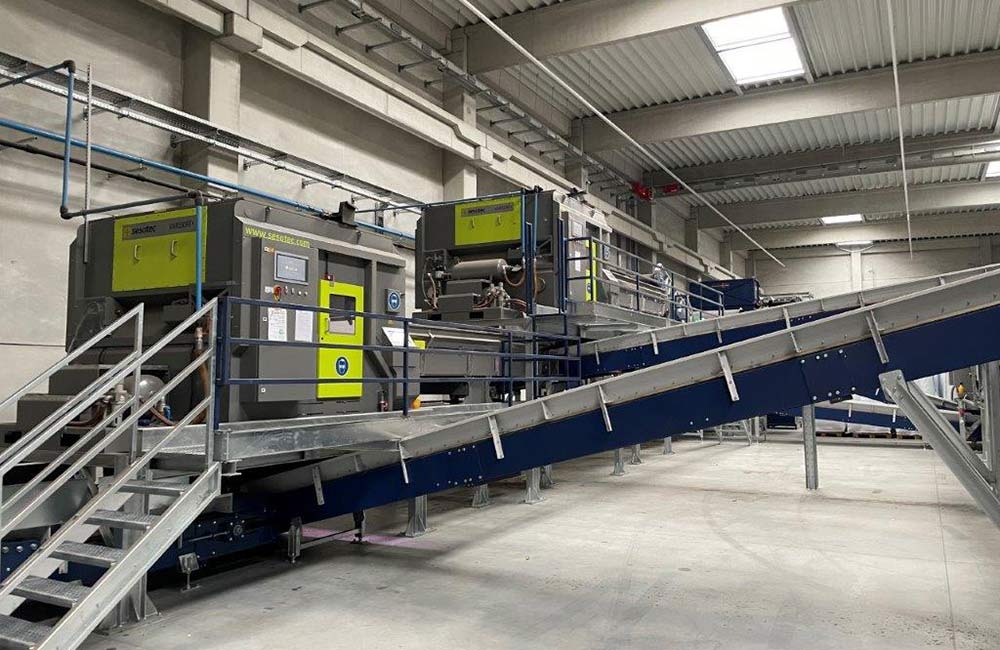
Reliable and precise sorting with multisensor sorting systems from Sesotec
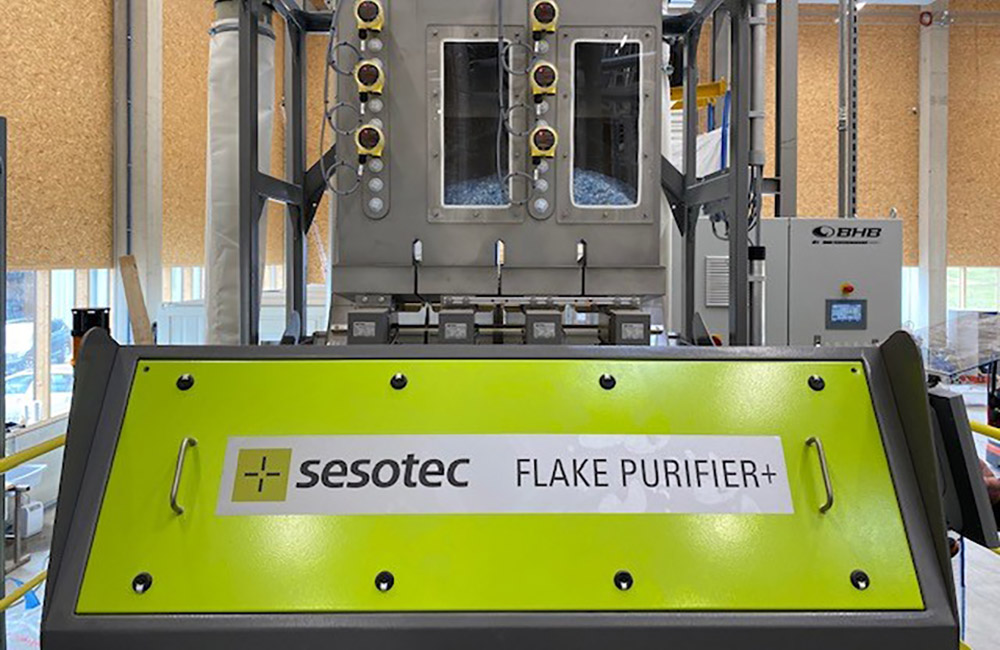
Mission PET sees the circular economy mission in the consistent implementation of PET recycling. The bandwidth for the use of recycled PET material is diverse. However, only high-purity rPET material also meets the requirements that correspond to those of virgin material. The demands placed on the recycling process for preparing the PET material are correspondingly high. Best decontamination and material cleaning of the PET starting material are the prerequisites for maximum purity of the end product.

Thanks to the new Sesotec technology, more valuable, dark cullet remains in the material cycle. The proportion of glass recovered is significantly increased once again and can be used to add value in high-quality melting applications.

Like in most recycling processes, companies such as World PET Recycling face the challenge of removing contaminants from recycled PET to meet the strict quality standards for food-grade materials.
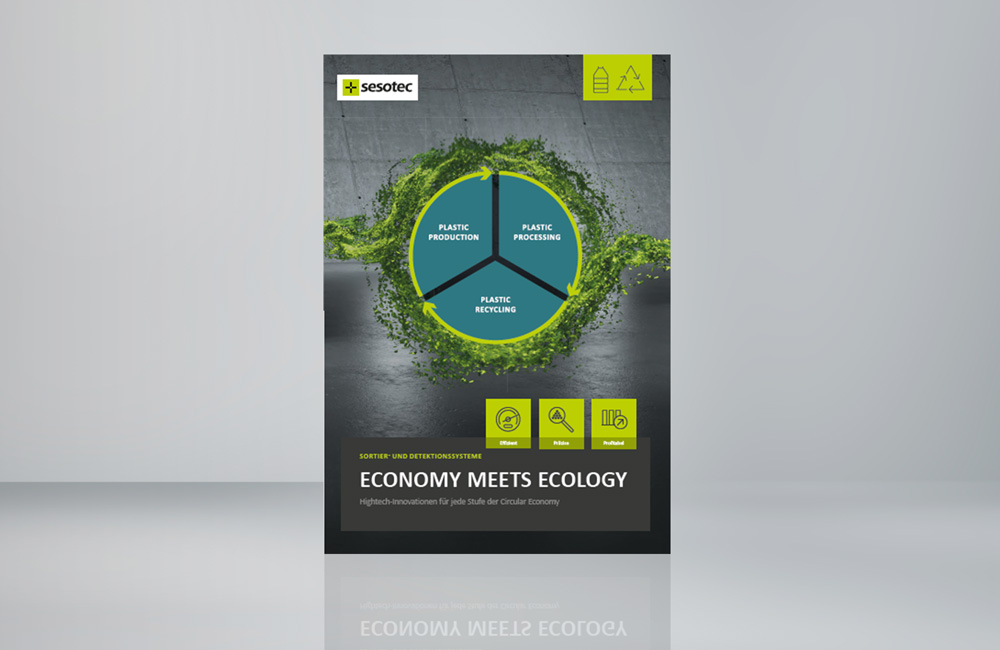
Sorting and Detection systems for every stage of the Circular Economy in the plastics industry.
Multi-Sensorsortiersysteme für die Recycling-Industrie
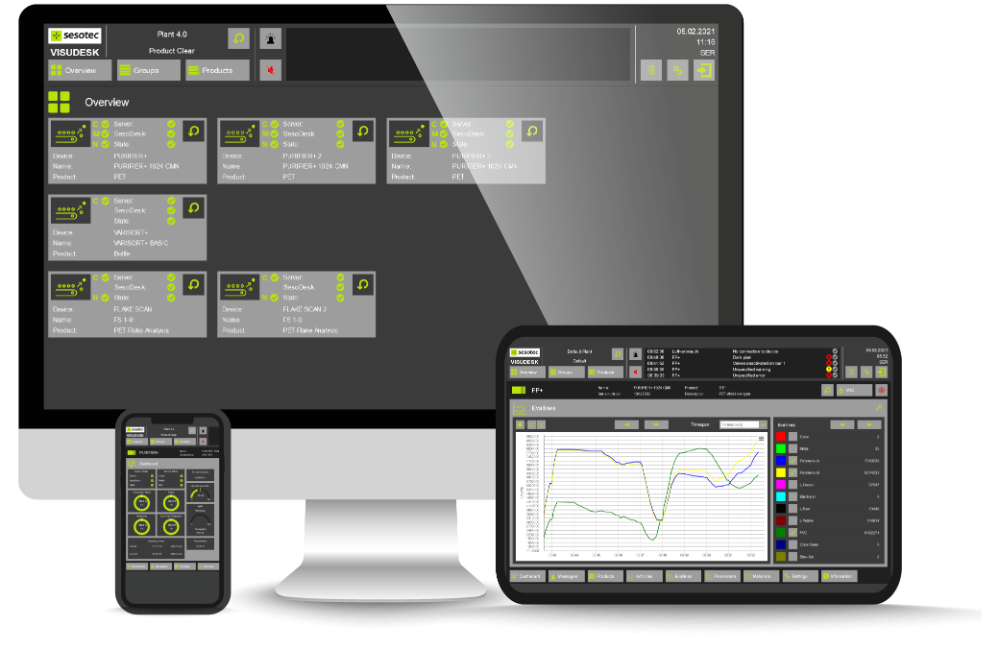
VISUDESK, the new visualisation software for sorting machines, makes your sorting processes transparent and enables direct control for higher efficiency and higher profitability.